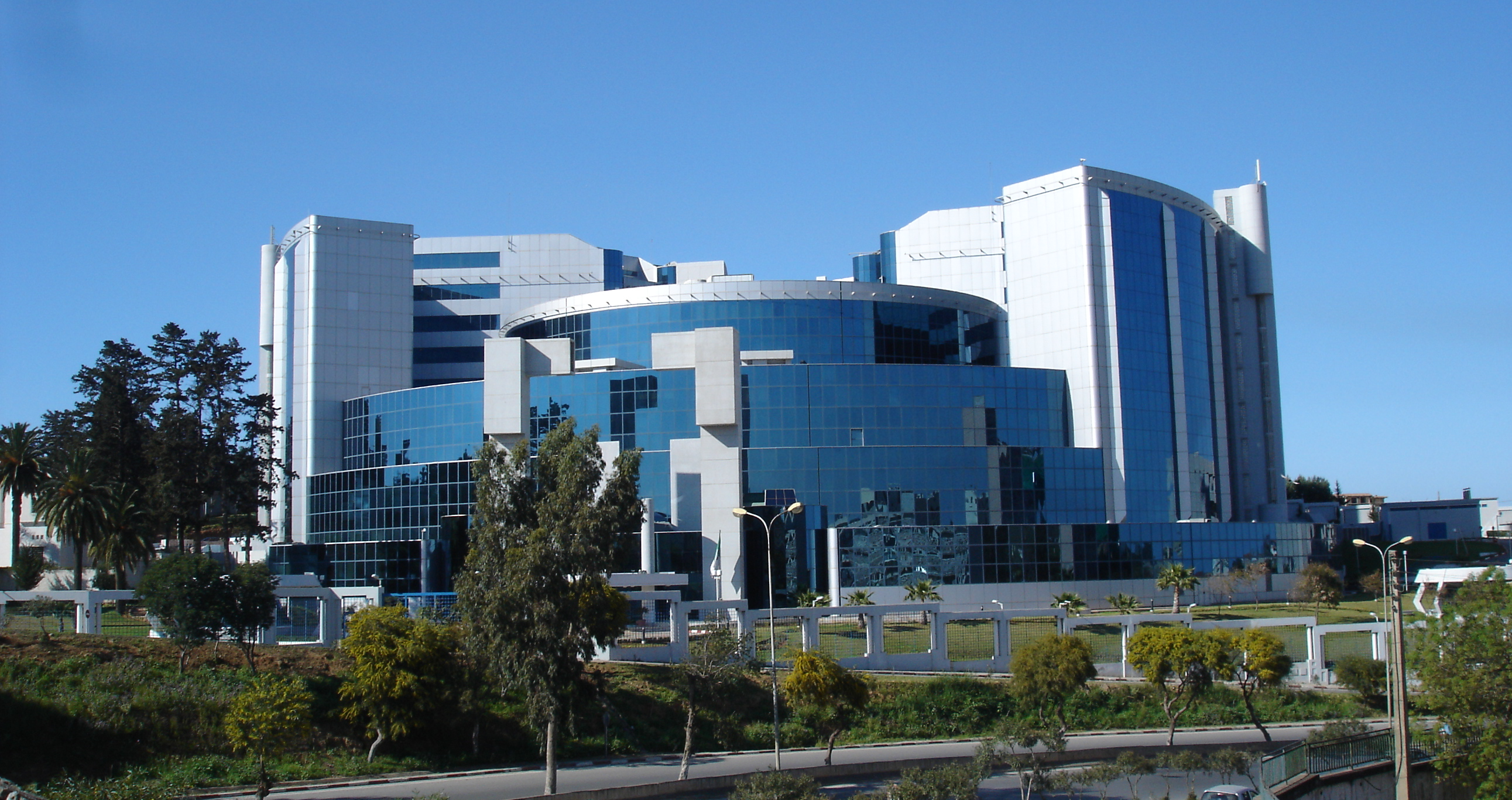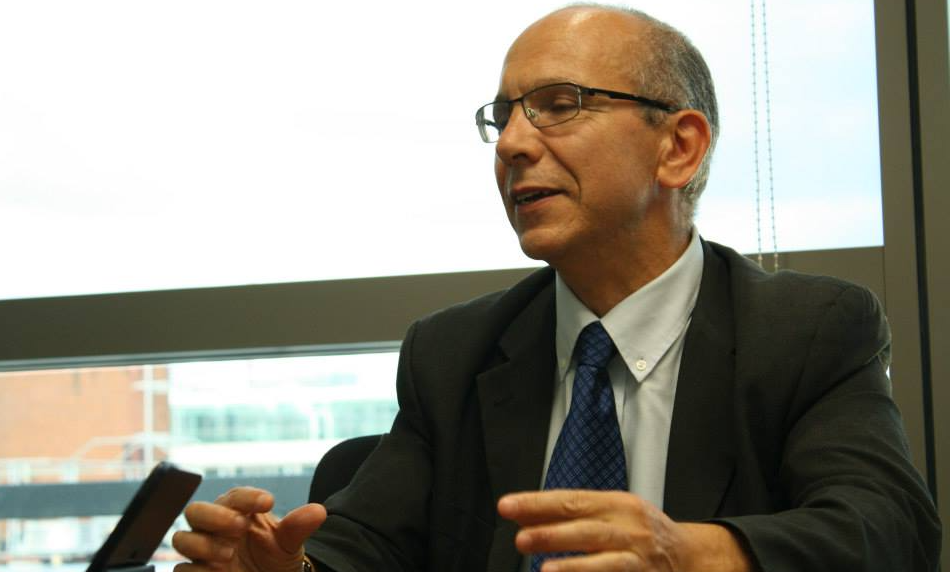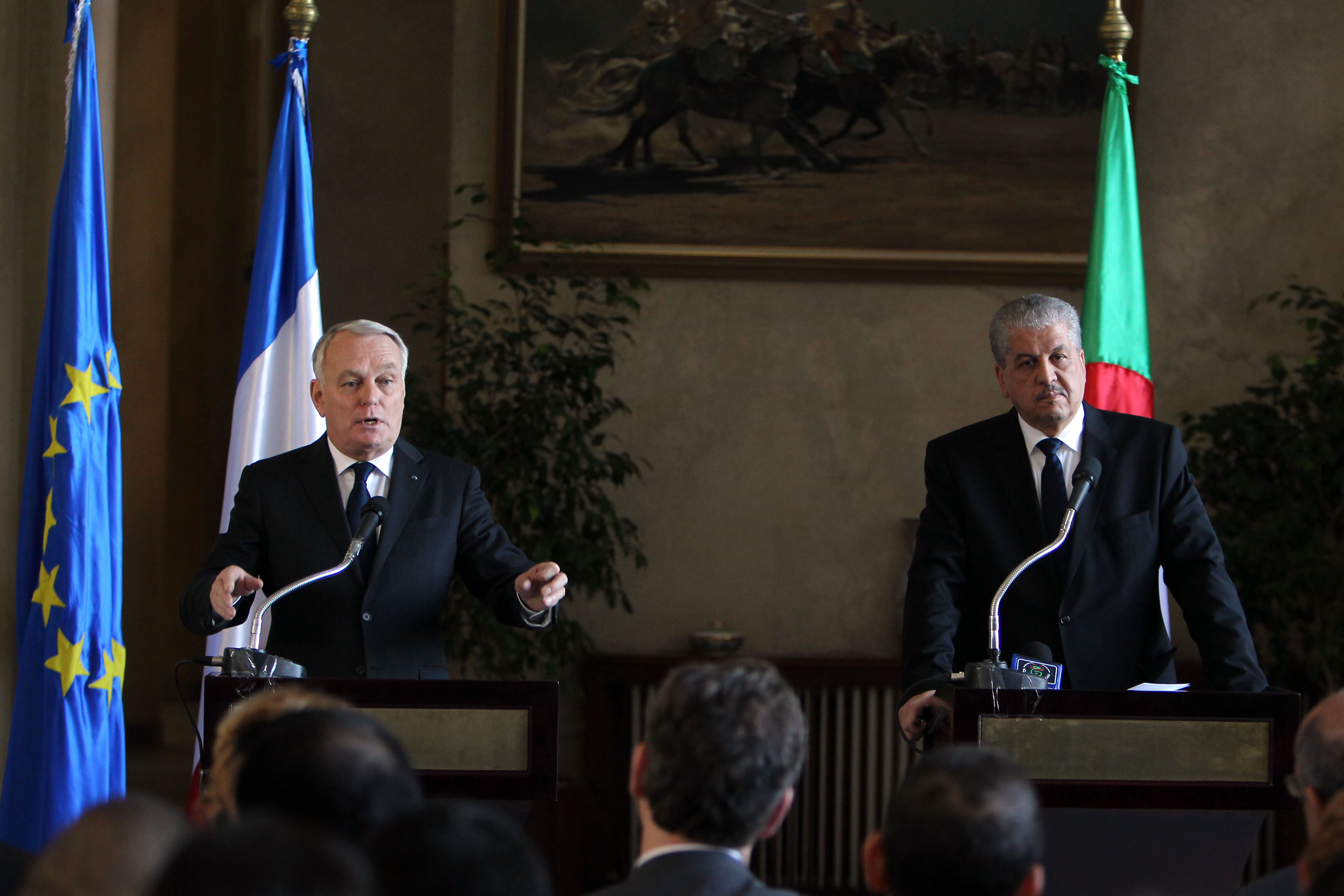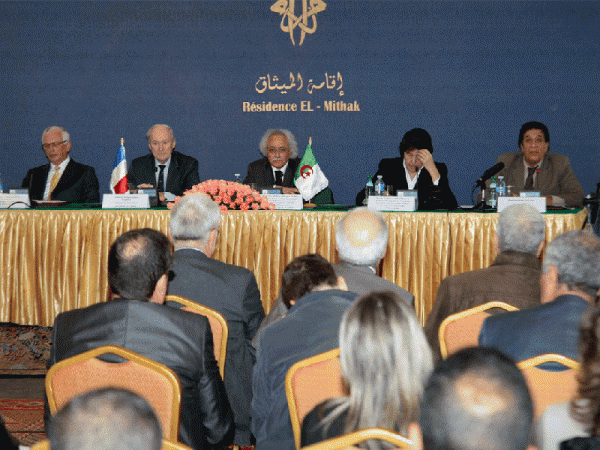آراء | عن إفشاء الثقافة العلمية في المجتمع الجزائري
تعتبر القدرة على إيصال المعلومة التقنية لغير ذوي الإختصاص من المهارات المهمة التي يجب أن يمتلكها و يطورها أي باحث ، و هذا لأسباب عديدة ، لا سيما و أن البحث العلمي نفسه يتجه نحو طبيعة تتسم بالتداخل بين التخصصات ، فنرى مثلا أن أهم التطورات العلمية تنتج اليوم عن مجهودات تستلزم تقاطع الإختصاصات و بالتالي تحتاج إلى تفاعل بين باحثين من مختلف المجالات و إلى القدرة على التواصل بين مستويات تقنية مختلفة. Read More
Feature | Issues and Challenges in Introducing Islamic Insurance (Takaful) Into the Algerian Financial Market: Lessons from Malaysia
The Islamic insurance sector or Takaful has seen remarkable global growth in many major markets, especially in Muslim dominated countries. However, the development of Islamic finance, particularly Takaful in Algeria appears to have lagged behind. Although there are two Islamic banks operating in Algeria, Takaful is yet to be introduced into the Algerian financial market. We ran a study to investigate the perspective of Algerian experts in Islamic finance and takaful on the issues and challenges of introducing Islamic insurance into the Algerian financial market to address the following questions: What are the benefits of introducing Islamic insurance into the Algerian financial market? What challenges might Algeria face with the introduction of Islamic insurance? And how can the Algerian financial market adopt the Malaysian Islamic insurance framework? Read More
آراء | التعليم العالي في الجزائر : قراءة في ثنايا نظام الأل أم دي
لا يزال اكتشاف المعارف الجديدة و نشرها و تفعيلها في المجتمع الإنساني في طليعة ما يدفع بعجلة التنمية نحو الأمام ، و يظل التفكير المنهجي ، الناقد و المبدع مفتاح نجاح هذه الأنشطة . و من الواضح اليوم أن مؤسسات التعليم العالي قد اكتسبت و كادت أن تنفرد تماما بذلك الدور الحيوي الذي يكمن في تكوين و رعاية مثل هذا النوع من التفكير . أما في بلد كالجزائر ، حيث تُقوَّض استقلالية مؤسسات التعليم العالي عبر سياسات مركزية ، لا بد أن تقع مسؤولية الرعاية تلك على عاتق سياسات الحكومة في إدارة و تسيير التعليم العالي . فما هي إذن وضعية هذه السياسات في بلدنا الجزائر؟ Read More
Interview | (Video) Prof. Meziane Lasfer on Corporate Finance
Inspire Magazine Spoke with Prof. Meziane Lasfer, professor of finance at Cass Business School of City University of London. Prof. Lasfer specialises in applied corporate finance including Dividend Policy, Capital Structure, Corporate Restructuring, Capital Markets, and Corporate Governance. The overall aim of the interview was to engage both specialists and non-specialists with issues relevant to Prof. Lasfer’s field of research as well as how these relate to Algeria. Read More
Opinion | Pfizer’s pursuit of AstraZeneca: the Algerian scientific community should take note
Over the last few weeks, the biggest story in the pharmaceutical and biotechnology sectors has largely been that of Pfizer’s chase of AstraZeneca. In fact, Pfizer, one of the largest American pharmaceutical companies, continuous attempts to buy AstraZeneca, one of the largest UK pharmaceutical companies, has attracted a lot of interests from politicians in both sides of the Atlantic. Leaving the politics of this story aside, the scientific community in UK has been rattled by this story and this is what the Algerian scientific community should learn from. Read More
Opinion | Day of Knowledge Event at the Margin of Elections
Around this time last year, I wrote a short commentary on a London-based event that aims to commemorate the Day of Knowledge (يوم العلم). The 16th of April is Algeria’s official day for celebrating science and knowledge in memory of Sheikh Abdelhamid Ibn Badis, the leader of the reformist movement that led a relentless struggle against the french colonial assault on Algerian identity and heritage. The day of knowledge event in London aimed to bring together Algerian academics, scientists and researchers for a day to share knowledge and debate Algerian affairs. Read More
Opinion | The English language is key for the progress of Algerian students and researchers
Back in 2006 while attending a conference held in Bern in Switzerland, I met an Algerian researcher from the University of Annaba, and what I liked about him was how he communicated with the conference attendees in English. His proficiency in the English language allowed him to share his research results with scientists from all around the world, from China and Britain, to the US, Russia, France, Germany, Jordan, Mexico, Canada, Italy, and beyond. This encounter was a good example of why Algerian researchers should master the English language. Read More
Opinion | Scientism in political discourse about Algerian space science
The Algerian Prime Minister recently boasted about how the Algerian flag now flies high along side 14 of the biggest nations in the world. His declaration was almost ceremonial, Algerian experts, he asserts, are now amongst the top experts in space science, and this achievement, he continues, is “no coincidence but rather the result of the state’s strategic policy that prioritises investment in the Algerian youth”. Mr. Mebarki, the minister of higher education and scientific research, has also made similar declarations. Read More
Opinion | Prospects for an Algerian academy of science and technology by 2014
There is no doubt that science is a crucial driver of social and economic development. Scientists therefore have a duty to both inform the general public about how findings from science can benefit day to day activities, and to direct the best of their efforts towards addressing national and international problems. Science academies can play an important role in empowering scientists to help them realise this duty because they provide a framework through which scientists can corroborate and channel their efforts. They act as collective hubs to organise scientific endeavour as well as motivate, support and reward excellence in scientific research. Read More
Interview | Artificial antibodies for self-testing technologies
Each year, MIT Technology Review 35 Innovators under 35 recognises the achievements of young innovators from both industry and academia whose work show potential to influence or profoundly transform their fields. In this year’s edition, Dr. Abdennour Abbas received an Honourable Mention for his research on artificial anti-bodies. Inspire Magazine spoke with Dr. Abbas about his invention and how it influences the field of diagnosis technology as well as its potential for contributing towards improving future healthcare systems. Read More







